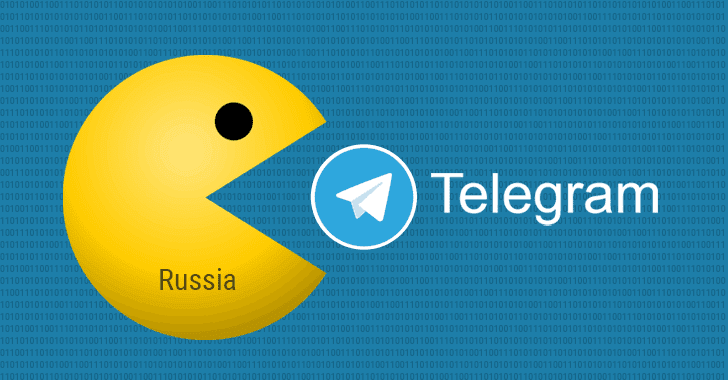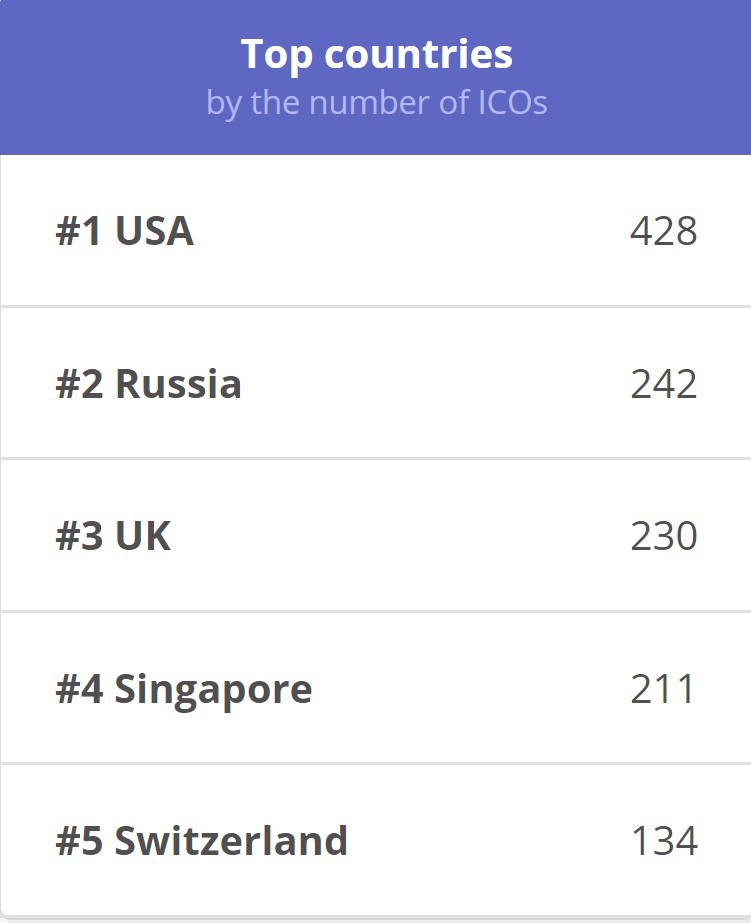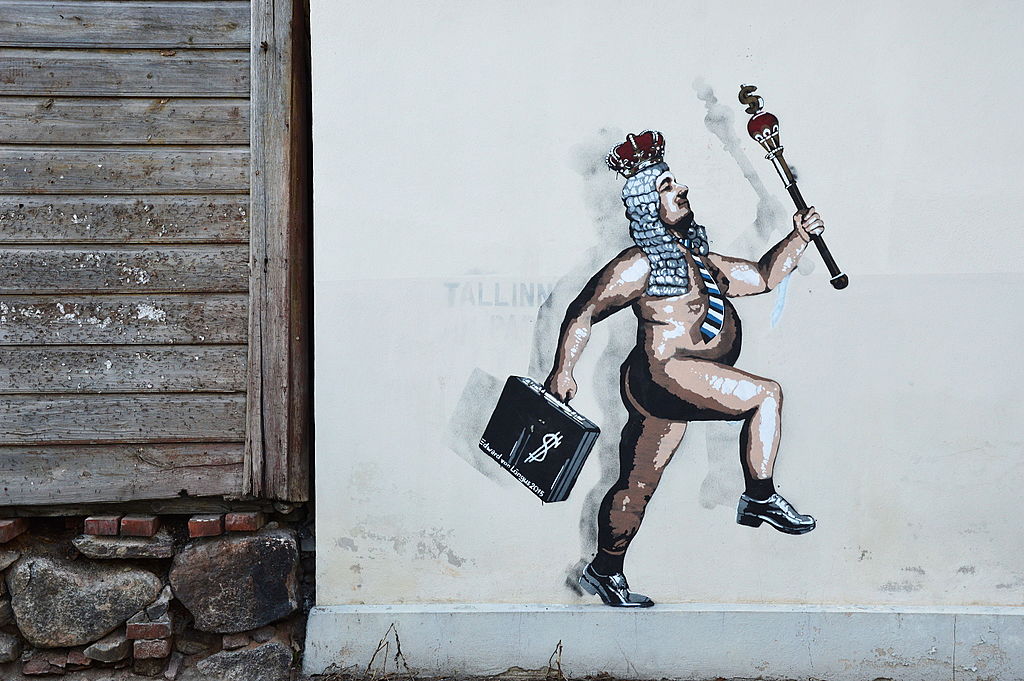While origami and the arrest of Pussy Riot’s Maria Alyokhina may not stir the blood, they do grab one’s attention. For the last several days, the Russian government has been faced with Telegram-supporting protesters because they threw paper airplanes. The protests are in response to Russia’s ban on the use of Telegram that went into effect April 16. So far, over 18 million IP addresses have been banned, with the services of global cloud providers like Google being affected.
There are conflicting accounts about why the Russian telecommunications regulator Roskomnadzor (RKN) started banning internet service providers from providing access to Telegram. The most likely reason is that Telegram is hard to control. Since at least last year, Russian officials have publicly said they are concerned that that Telegram can be used by terrorists. In fact, last month, a Russian court ordered Telegram to hand over encryption keys so the government could keep an eye on criminal activity.
Last week, Telegram CEO Pavel Durov claimed on the company’s own Telegram channel that, “The reason is our refusal to provide encryption keys to Russian security agencies. For us, this was an easy decision. We promised our users 100% privacy and would rather cease to exist than violate this promise.” Crypto celebrity Edward Snowden added on Twitter that although he has problems with Telegram’s security model, “Durov’s response to the Russian government’s totalitarian demand for backdoor access to private communications — refusal and resistance — is the only moral response, and shows real leadership.”
With free speech advocates rallying to Telegram’s side, it appears some within the Russian government are claiming Telegram’s two recent ICOs, which raised $1.7 billion, are a scam. As reported in CoinTelegraph, an employee of the Federal Security Services (FSB) wrote an internal letter that the Telegram ICO presented a danger to the financial system.
“Pavel Durov has decided to become the new Mavrodi (Russian financial fraudster). Having launched his own crypto, we will get a completely uncontrolled financial system in Russia. And this is not Bitcoin for the marginalized, it will be simple, reliable and uncontrolled. This is a threat to the security of the country […] All the drugs, the cash, the organ trade will go through the Pavel’s crypto.”
While the above statement may be propaganda, a significant segment of crypto thought leaders think Telegram is overvalued. In fact, there had been a common meme that “smart money” was staying away and letting novices buy into the hype. Whether or not Telegram will grow into its valuation remains to be seen. Yet, as an app, Telegram has wide adoption, but it remains to be seen if TON can monetize its existing users and position in the crypto ecosystem.
The conflict between Telegram and the Russian government is a reminder of our hopes and fears for crypto’s future. Decentralized encryption supports privacy and limits government power. Telegram is still being used as Pavel pays people in bitcoin to run proxies and VPNs so its users can circumvent the ban. However, the government’s demand for encrypted keys demonstrates that the technology is vulnerable and not actually fully decentralized.
The provenance of the featured image could not be determined.
Originally published on Strategic Coin, a website that is no longer operational.




